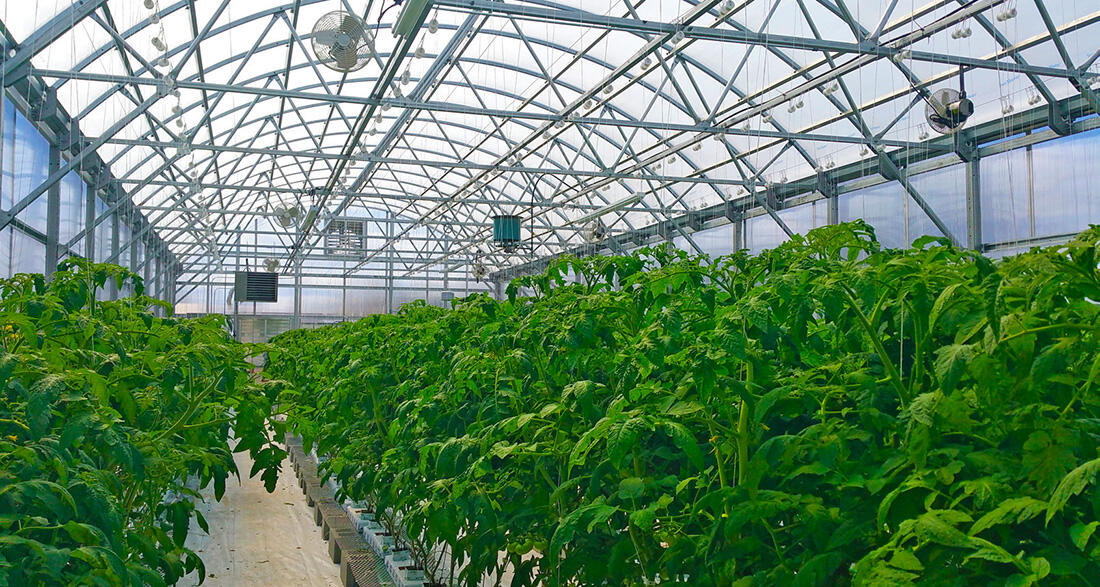When you’re planning to invest in a commercial greenhouse, picking the right features is key to growing healthy crops and staying profitable over time. This guide will cover the most important things to look for when you choose a greenhouse, focusing on design, materials, climate control, and smart technology.
Greenhouse Layout and Structure
How a commercial greenhouse is built matters a lot for its performance. A smart design will maximize sunlight, keep air moving, and let you use space well. The angle the greenhouse faces, the roof shape, and how tall it is all change the climate inside. A gable roof, for example, spreads light better and makes it easier to hang vents and heaters. The layout should also be strong enough to handle local winds, snow loads, and big temperature changes.
Quality of Materials
The materials you choose for your commercial greenhouse play a huge role in its lifespan and how well it functions. You’ll typically see polycarbonate panels, glass, and polyethylene film. Each comes with its own perks and trade-offs in how well it traps heat, how much light it lets in, and how much it costs. Polycarbonate, for example, is strong and keeps heat in really well, so it’s a top pick if you plan to grow year-round. By paying attention to your local weather and the needs of the crops you plan to grow, you’ll be better equipped to pick the right materials.
Climate Control Systems
Your greenhouse needs the right climate-control systems to keep your plants happy and growing strong. This usually covers heating, cooling, ventilation, and humidity control. Systems that run automatically can adjust the greenhouse climate based on real-time conditions, which cuts down on waste and man-hours. On really hot days, for example, thermal screens can be lowered to keep things cool, while heaters kick on as temperatures drop in winter. Putting your money into smart climate-control gear now can boost your crop yields and lower your energy bills over time.
Automation and Technology
Adding automation to your greenhouse can save time and cut labor costs. Automated irrigators, nutrient systems, and climate monitors work together to boost yields. For instance, smart irrigators check soil moisture and deliver just the right amount of water, reducing waste. Pairing these tools with sensors and IoT devices lets you track plant health and growth in real time, making it easier to spot issues and make informed choices. With the right setup, you spend less time reacting and more time optimizing.
Sustainability Features
Today’s growers know that eco-friendly designs pay off in more ways than one. Rainwater catchment, rooftop solar, and LED lights designed for efficiency all lower energy use and shrink your carbon footprint. While these upgrades help the planet, they also shrink your bills. Plus, customers prefer to buy from companies that show real sustainability. By building these features right into your greenhouse, you can meet the demand for greener products and boost your brand at the same time.
To sum up, anyone thinking about opening a commercial greenhouse should look at many important features that make the growing process efficient, productive, and sustainable. Paying attention to the overall design, the right building materials, smart climate control, helpful automation, and green practices lets operators build a perfect environment for plants and secure lasting success in a tough agricultural market. Since the greenhouse industry keeps changing, staying up to date with the newest trends and technologies is vital for staying ahead in the commercial greenhouse business.


